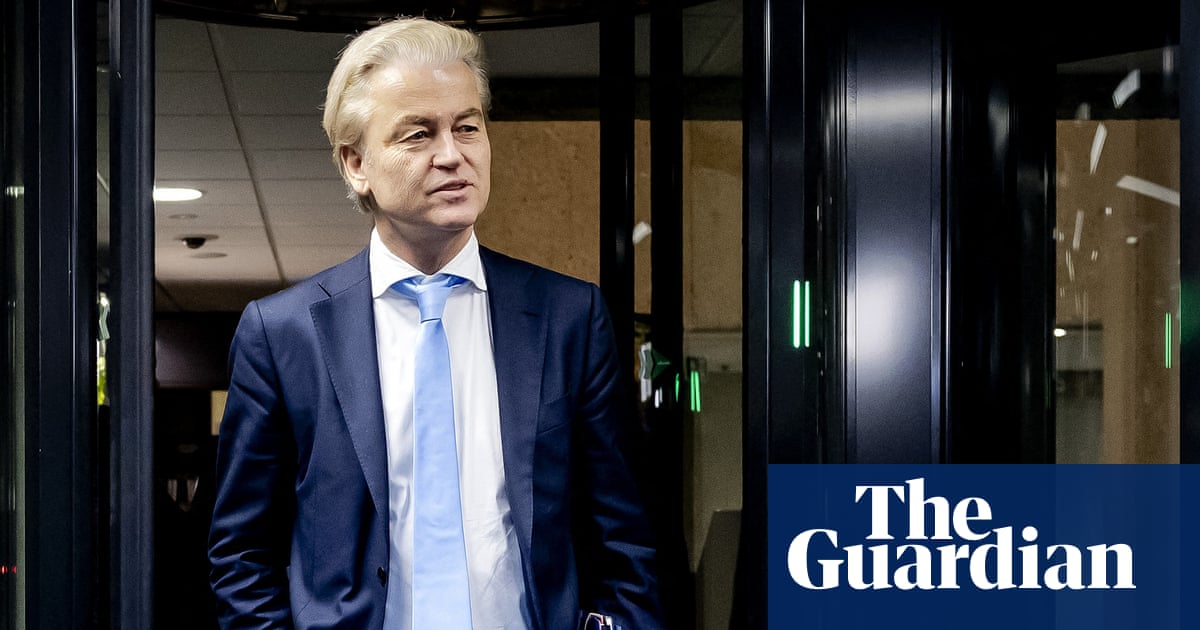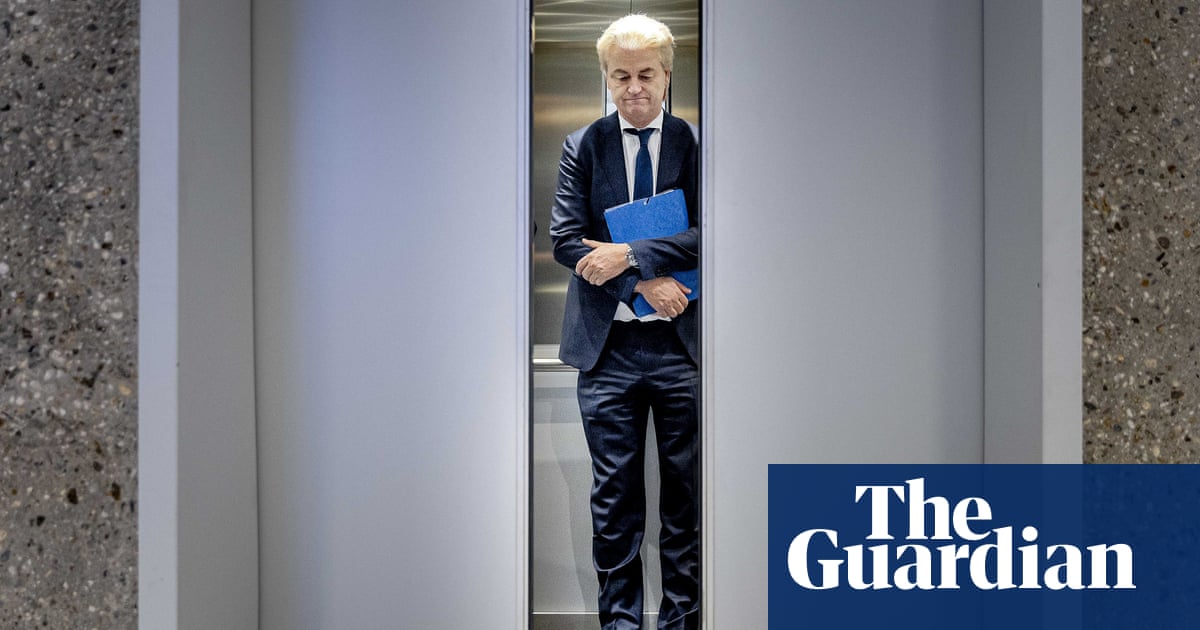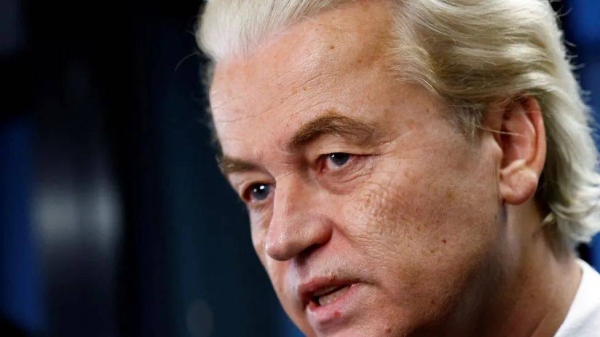
The Hague, Shawwal 04, 1431/Sept 13, 2010, SPA-- Far-right politician Geert Wilders may play a role in a new Dutch government after all, as news emerged Monday that he is willing to continue talks with the Party for Freedom and Democracy (VVD) and the Christian Democratic Appeal (CDA). Herman Tjeenk Willink, who had been appointed by Queen Beatrix to examine possible coalitions, made the announcement as he concluded exploratory talks with the 10 parties represented in parliament, dpa reported. He said there is "a sufficient degree of certainty" that the negotiations would produce a result, as Wilders, VVD leader Mark Rutte and CDA head Maxime Verhagen have "clearly stated their conviction that this can succeed." However, he noted, there are no guarantees. The social democratic Labour Party (PvdA) last week pledged to use all parliamentary tools available to oppose a cabinet involving the blatantly anti-Islam Wilders. Willink nevertheless said that the negotiations over a centre- right coalition between the VVD and CDA, which would rely on the votes of Wilders' Party for Freedom (PVV) without it being a formal part of the new government, should resume as soon as possible. Beatrix on Monday re-appointed VVD politician Ivo Opstelten as mediator for the new round of talks. He had overseen the previous round, which was called off by Wilders on September 3 after the CDA refused to pressure three of its dissenting lawmakers into submitting a written pledge of support for the coalition model. But the dissidents' leader, Health Minister Ab Klink, then left his lawmaker post. That reportedly led Wilders to declare that he was willing to resume negotiations. Among the issues that will have to be hashed out during the new talks are what position the new cabinet should take on European Union proposals, Willink said. During the election campaign, the PVV had called for an EU immigration ban for Muslims to be implemented and development aid to be scrapped. The PVV, founded by Wilders in 2006, managed to increase its representation in parliament from nine seats to 24 in June elections, becoming the third-strongest political party in the Netherlands. But all other parties except for the VVD rejected the idea of Wilders being directly involved in a new government. The VVD won 31 of the 150 parliamentary seats in June, narrowly becoming the Netherlands' strongest political force and securing the right to supply the next prime minister. The PvdA came second with 30 seats. The CDA, which continues to lead the interim government with Prime Minister Jan Peter Balkenende, saw its share of parliamentary seats plummet from 41 to 21. Left-leaning parties did not secure enough seats to achieve a majority coalition, and efforts to form a grand coalition have failed due to economic and socio-political differences between the parties. --SPA 22:09 LOCAL TIME 19:09 GMT
www.spa.gov.sa/816956












